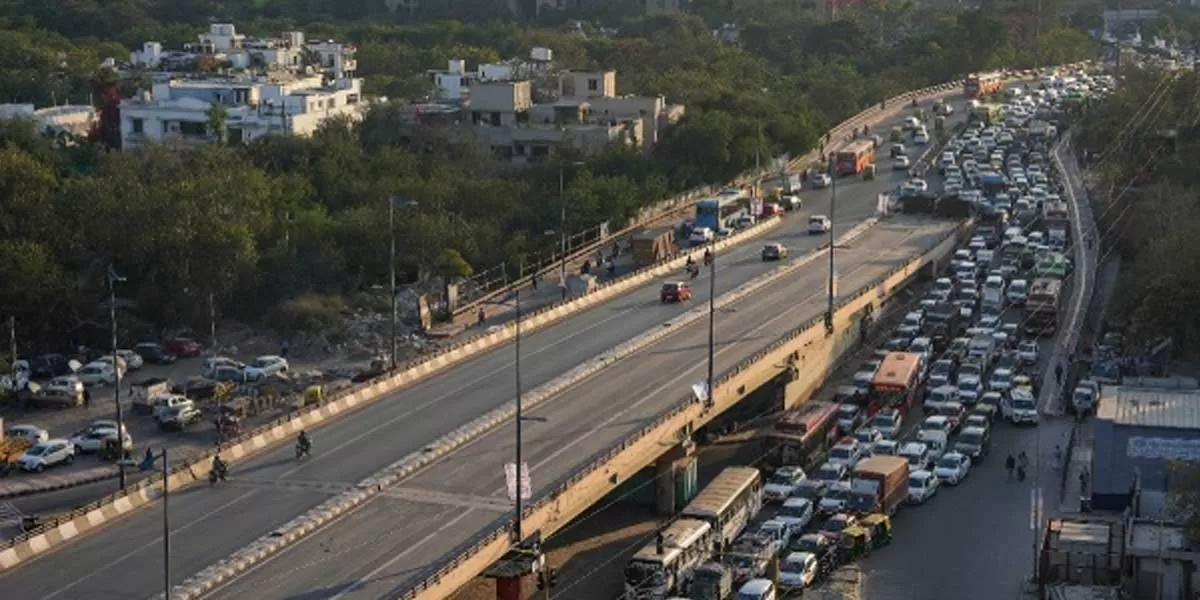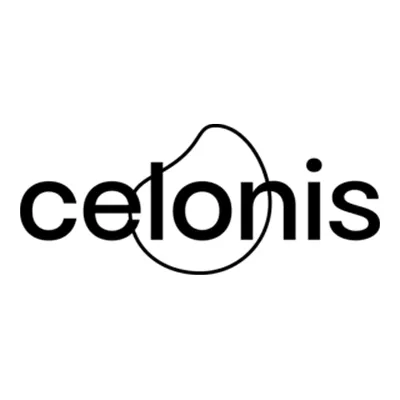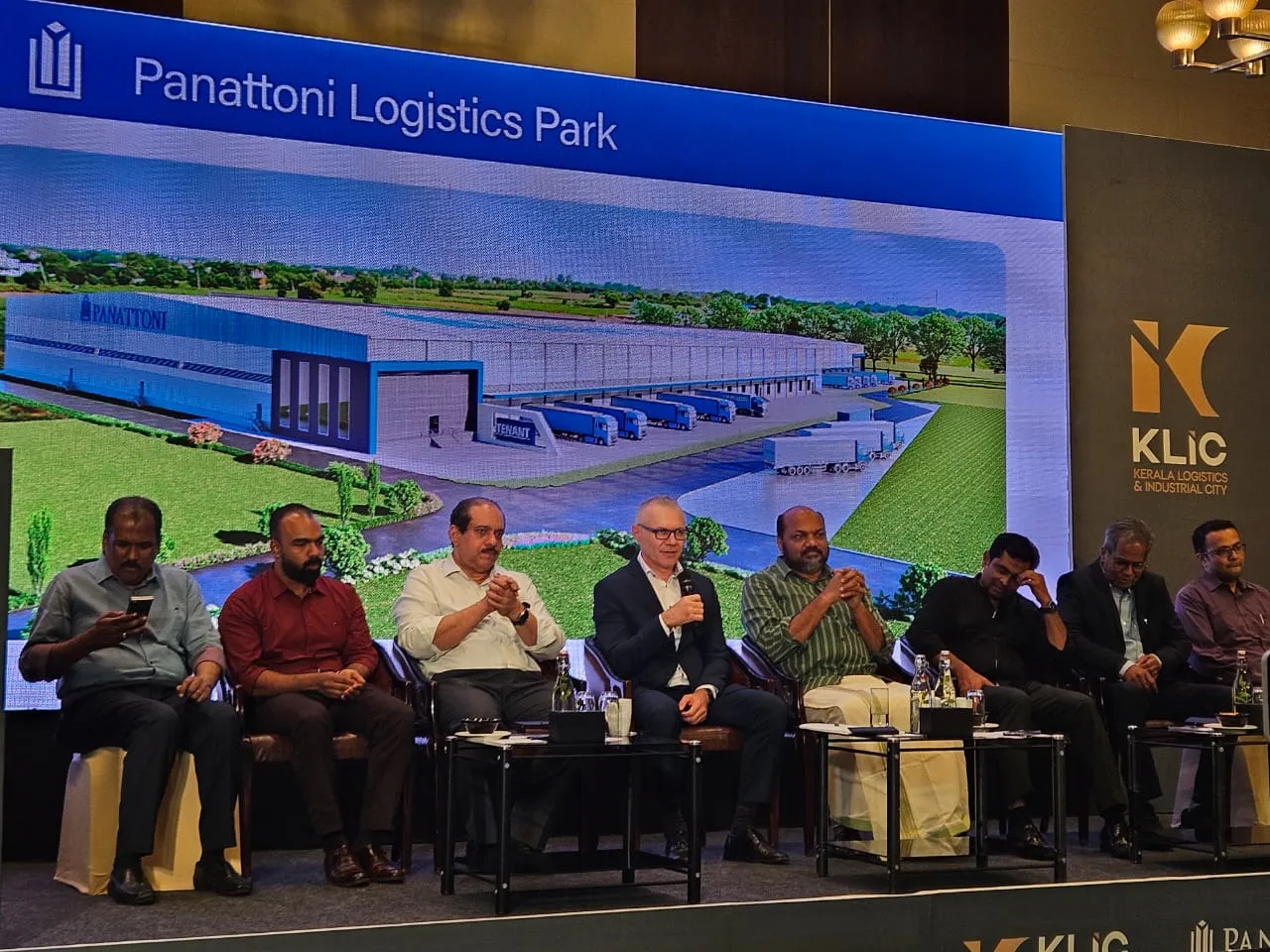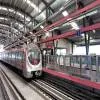

Vinmar Taps Celonis to Automate Global Supply Chain Operations
Celonis, the global leader in Process Intelligence, and Vinmar International, a worldwide distributor of plastics and chemicals, unveiled at Celosphere 2025 how Vinmar has transformed its $3 billion Order-to-Cash (O2C) operation into an automated, intelligent, and highly efficient process.Previously, Vinmar’s O2C workflow relied heavily on manual coordination across teams and systems, creating complexity, logistics bottlenecks, and excessive costs—including expediting more than 20% of orders by default.By deploying the Celonis Process Intelligence Platform, Vinmar integrated real-time data..

Panattoni & Edayar Zinc Launch ₹800 Cr Industrial Park in Kerala
Global industrial real estate leader Panattoni and Kerala-based Edayar Zinc Ltd. have entered a strategic partnership to develop a cutting-edge, Grade A+ multi-client logistics and industrial park in the Edayar Industrial Area, Kochi. The project, with an investment of ₹800 crore, marks Panattoni’s entry into Kerala and will serve as the anchor development within the Kerala Logistics & Industrial City (KLIC)—a flagship initiative by Edayar Zinc Ltd. that aims to position Kochi as a gateway for global industrial and logistics investment.The agreement was formally executed on 5 Novembe..

7X & Zelostech Launch ‘AutoLogiX’ for Autonomous Transport in the Middle East
7X, the trade, transport, and logistics group, has launched Autologix Smarttech LLC (AutoLogiX)—a new joint venture with Zelostech, a global leader in autonomous vehicle technologies. AutoLogiX aims to build an integrated logistics ecosystem powered by Level 4 autonomous vehicles, strengthening the UAE’s position as a global hub for smart, tech-enabled transportation.In its first phase, AutoLogiX will roll out Level 4 autonomous cargo vehicles—purpose-built with no cab, steering wheel, or driver—signalling a major shift from traditional vans and trucks to faster, safer, and more sustai..
















